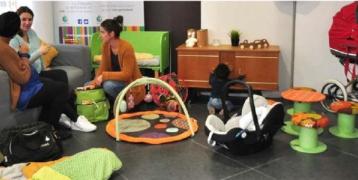Belgium presiding over the Council of the EU

Since 1 January 2024, Belgium has been in charge of the Presidency of the Council of the European Union. For the upcoming six months, they set a number of priorities for the Presidency:
- Defending rule of law, democracy, and unity
- Strengthening EU's competitiveness
- Pursuing a green and just transition
- Reinforcing EU's social and health agenda
- Protecting people and borders
- Promoting a global Europe
During the presidency, Belgium will be emphasising two principles: sustainability and sobriety.
Have a look at how project partners from Belgium work together with others in Interreg Europe.
Belgium involved
Belgium is one of the founding members of the European Union. With its population of over 11 million, it is one of its smaller members. Yet, the involvement of Belgian partners in the interregional cooperation projects is high. After first two calls:
- 67 project partners bring to Belgium new ideas from other corners of Europe and share with others good practices originating in Belgium.
- 59 of the 150 approved Interreg Europe projects have Belgian partner organisations.
- 1 project has a Belgian lead partner.
The cooperation interest of Belgian partners reaches across most topics covered by the programme.
Click through the carousel to see the 25 projects approved in the first call. The second call projects will have their websites available later this year.
Belgian partners were actively engaged also in the previous Interreg Europe programme (2014-2020). Thanks to their interregional cooperation and policy learning in 66 projects, Belgium benefited from 26 policy changes and improvements. 20 changes were linked to the Structural Funds programmes. The Belgian project partners mobilised over MEUR 32 of funding to implement the changes. MEUR 14.8 came from the Structural Funds.
You can find out more about all project results from 2014-2020 at our project results page.
Inspiring good practices from Belgium are manifold and available for all in our good practice database. The Policy Learning Platform experts have validated 115 good practices from Belgium so far.
Click through the carousel to get inspiration from the Belgian good practices.
Belgian good practices
See all
Anlehre und Anlehre+ Vocational integration through support in dual training
A program helping young people between the ages of 15 and 25 with placement barriers to prepare for completing a dual vocational training (apprenticeship).

AktiF and AktiF+
AktiF and AktiF + is the employment programme. The aim is to promote employment in East Belgium. This means: 1. fight unemployment 2. increase employment
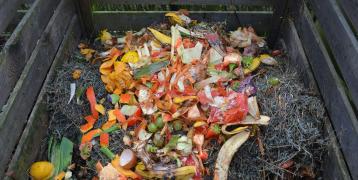
Composting at home
This good practice encourages citizens to sort out their household biowaste at the source and turn it into compost.

The Life Cycle of water consumption on a film set
A Life Cycle analysis of the water consumption during a feature film production of showed that 2,102l of drink water results in 1,2 tons of CO2.

Monitoring
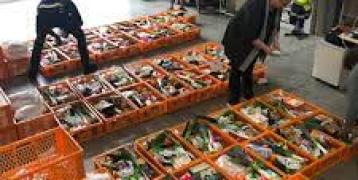
Foodsavers
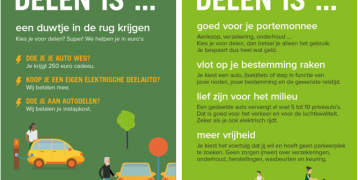
Shared mobility campaign "Delen is voor iedereen" - "Sharing is for everybody"

Mfair - a yearly fair and circular fashion festival
M-Fair is a yearly fair and circular fashion festival, organised by the city Mechelen, with talks, upcycle workshops, a fashion show, a swishing and a fair.
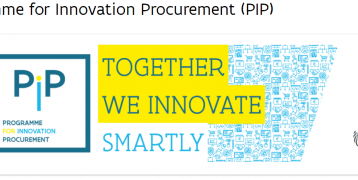
Programme for Innovation Procurement (PIP)
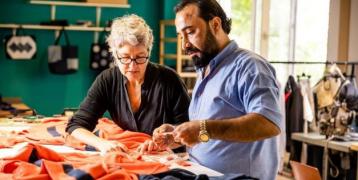
CiLAB- boosting circular textiles
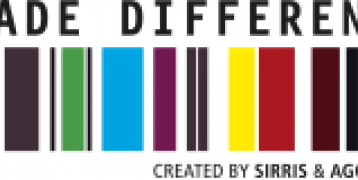
Made Different
“Made Different” is a methodology program based on the 7 key changes that transform business of a manufacturing industry into an authentic Factory of the Future
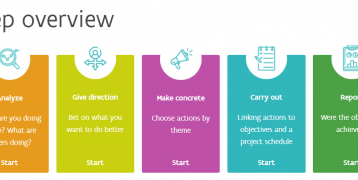
Sustatool - getting SDG's in companies through social dialogue

SERV - Social partners on the digital fast track
Three Belgian public authorities have benefitted from our Policy Learning Platform expert support services on a variety of topics such as launching an energy and climate action plan for East Belgium or the management of cultural heritage in Antwerp.
Also, more than twenty Belgian members of the Interreg Europe community have taken part in peer reviews and matchmakings as peers. The Ministry of the German-speaking community, for example, was a peer in a session for the outermost region of La Réunion, bringing expertise on the labour market integration of NEETs.
Finally, on 6-7 March 2024, the Province of East Flanders will be hosting their own peer review on their smart specialisation strategy.
Explore Belgian country page with an overview of the country’s involvement in the programme.

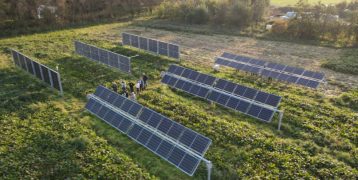





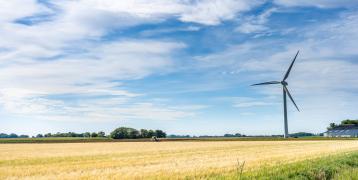
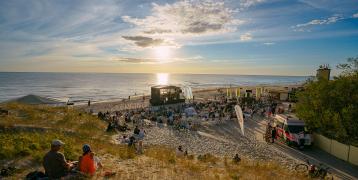

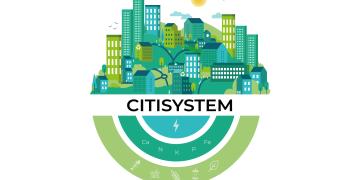
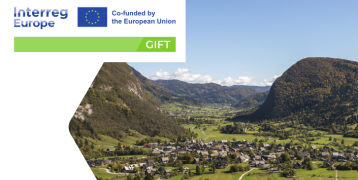


 (1000 x 400 px) (1).png?itok=8kJQhkrX)

